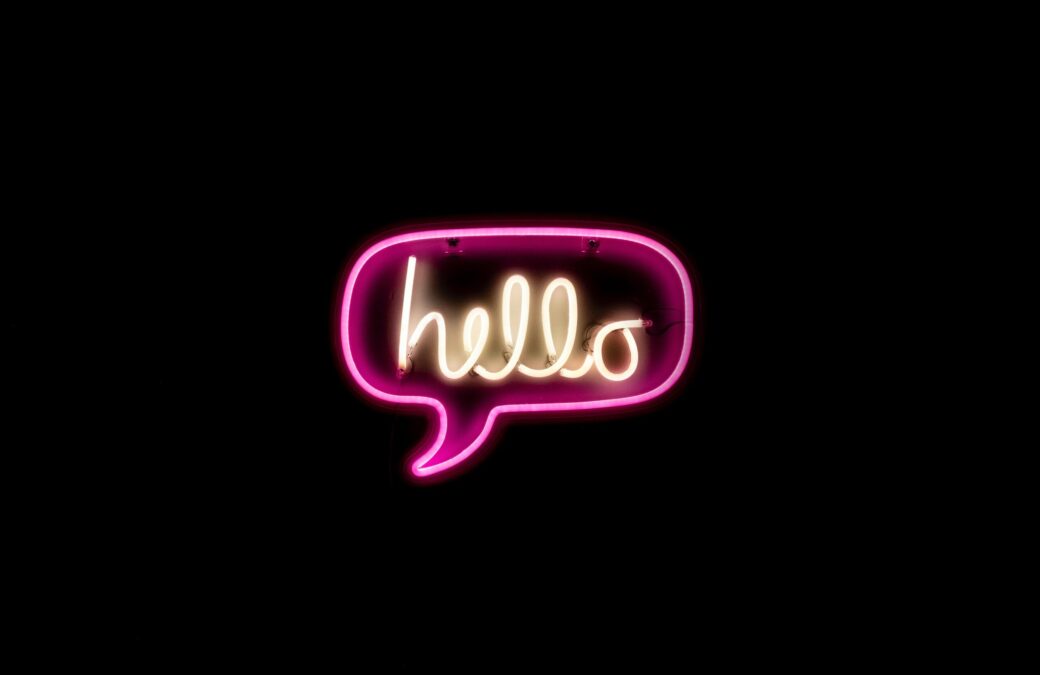The top tip I give to students writing personal statements always involves me picking on the word “embark.” By now, I have read hundreds of statements, and I cannot tell you how much “embark” shows up. Same with “endeavor.” And “strive.” And “utilize.” And “entail.” And “commence.”
The problem with this language? It’s not theirs. Students have written too many five-paragraph essays in their life, and they have fallen into the habit of wanting to “sound smart.” So they turn to words that don’t necessarily sound like them. (Side note: I’m not sure “embark” actually sounds like anyone but valedictorians.) But an admissions officer is coming at a personal statement to get a feel for who you are and what you’re about. And that means your essay needs to capture your voice.
GET TO THE TIP, PLEASE …
So my best tip to students? Write using clean, simple language. If your writing sounds exactly how you speak? That’s perfect. Because that’s what your voice actually sounds like.
If you’re not convinced, let’s take a look at this sentence that I recently read from a student: “Of the more recent experiences I’ve had, valuable shadowing opportunities have allowed me to recognize important complexities of myself I express daily that will play an intangible role in my future.”
First off, it’s a mouthful. But, second, you can clearly see this student is playing a game he feels he must play. He is intentionally removing words he would normally use and injecting ones he thinks sound formal and professional. The result is he isn’t quite using the words “complexities,” “express” or “intangible” correctly.

LANGUAGE GETS IN THE WAY
The result of all this is your reader can’t learn much about you if all of this fencing stands in the way of your voice. Your reader will only be distracted by the fact that you feel like you have to sound like someone else (or a thesaurus) to get noticed. That is not the impression you want to make in your personal statement.
There is another drawback as well. This brand of language (I actually do call it valedictorian speak) is really hard to read through, especially if it’s not being used correctly. The result? Your reader is going to get constantly pushed out of your essay instead of getting sucked in by what you have to say. You’re essentially creating work for your reader. And pretty soon, he or she is going to skim.
And that’s the last thing you want.
MAKE THIS TOP TIP WORK FOR YOU
So, now that you know this tip, how do you make it work for you? Well, the best thing about the tip is it’s actually great news. All you have to do is write as you would write an email to a friend or a message or a journal entry, not as you would write an essay. When you feel pressure to dress up language, resist it. Use the simplest terms. Don’t use “embark,” use “start.” Don’t use endeavor,” use “try.” This is how we end up with gorgeous writing like this:
“I grew up in Connecticut where I spent afternoons clearing tilled-up rocks from cornfields. In high school, my math teacher was also the gym teacher, and physics and chemistry were taught by Mr. Smith. One day, we found he had set up wooden boards on concrete bricks. He stood there, unassuming in his plaid shirt. With a deafening “HAIYAA!”, his hand sent wood splinters across his desk. He then calmly lectured about force and momentum. It was Mr. Smith who inflamed my passion for science.”
See how you’re sucked into the story? See how the language doesn’t get in the way? This is what clean and conversational can do for you. This writer, who got into medical school, doesn’t present any impediments or roadblocks for the reader, and so the reader can easily walk through it. And then, if you do find you want to use words that feel slightly more elevated, like “inflamed” or “unassuming,” you can do so because you actually feel in control of these words. You possess them.

LET’S BEGIN
So, it’s time to write and craft something that is solely yours, something you can eventually be really proud of. To keep your language in check, sometimes it’s helpful to speak as you write or speak what you want to say before you write it down. Sometimes it helps to just get into the head space where you think, “I’m going to pretend I’m talking to my friends.”
if you don’t end up with something that sounds fancy in the end, that’s great! That means you have immediately and instantly set yourself apart from allllllllllllllll the valedictorians out there. Because I can assure you of one thing right now: admissions officers are sick to death of valedictorian speak. They aren’t impressed by “sententious” or “importunate” or “sagacious.” They only want to be impressed by you.
If you’re not sure you’re writing as cleanly and as simply as you can, please don’t hesitate to drop me a line at tara@swayessay.com. I’ll be sure to let you know.

